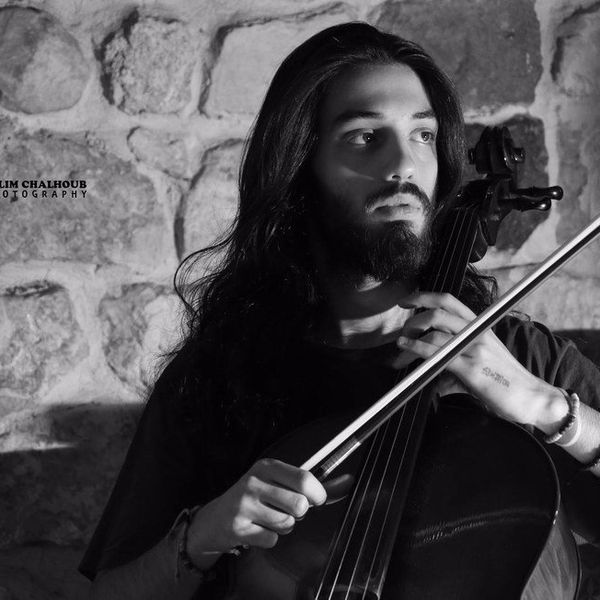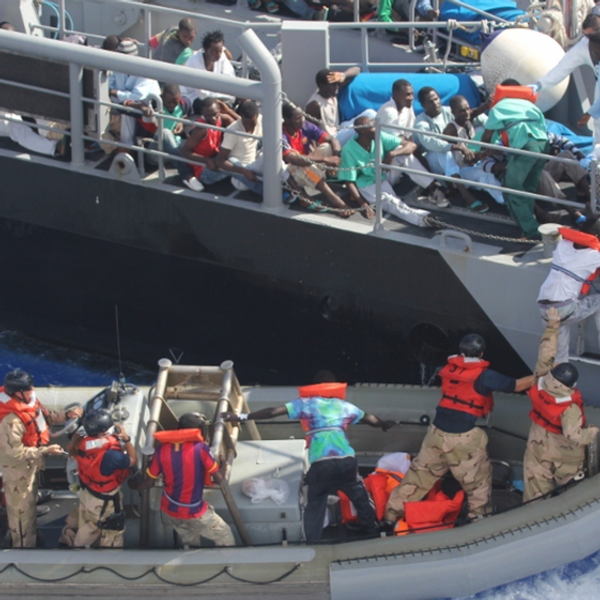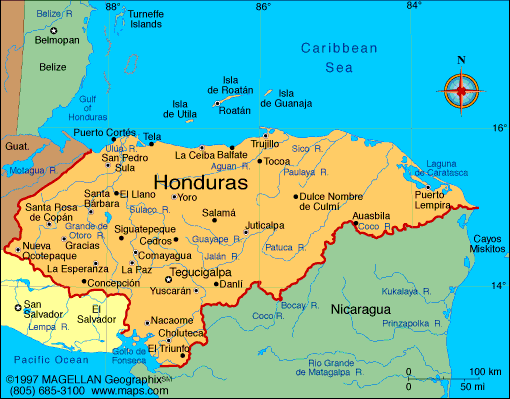The United States is a safe haven for many who face dire circumstances such as persecution, war, or natural disasters in their home countries. Those who are granted entry/legal residence in the U.S. under these circumstances are refugees, who apply for this status outside of the United States, or asylees, who apply for this status within the United States. The first legislation concerning refugees, the Displaced Persons Act, was passed in 1948 by President Truman and provided a temporary solution to the resettlement of victims of the Holocaust and a start to much-needed resettlement reform, and since 1948, refugee legislation has become less and less exclusionary. According to Martin and Yankay of the Department of Homeland Security’s Office of Immigration Statistics, a refugee admissions ceiling is established each year and five regional allocations are made in addition to an unallocated reserve for immediate relief for refugees. In 2013, the total amount of admissions allowed by the federal government was 70,000, and the amount of admissions granted was 69,909, 25,199 of which were granted to asylees. Unfortunately, not everyone who applies for refugee status or asylum status will be granted those statuses, and some circumstances that show a need for refugee status will not be considered due to the specific types of persecution recognized by the United States for refugee status.
Sonia Nazario, a journalist who explores complex issues such as immigration, wrote an opinion piece for The New York Times last July titled “The Children of the Drug Wars: A Refugee Crisis, Not an Immigration Crisis”, which discusses the struggles of several young people in Nueva Suyapa, Honduras and emphasizes why widespread organized drug violence should be considered a refugee crisis by the United States. Nazario’s interviewees, who range in age from 11 to 19 years old, all share the desire to escape their town that has turned into a hub for narcotics. Daily, they face threats of death to them and their families as well as rape if they resist the pressure to join the ranks of the town’s drug smugglers, and many stop attending school out of fear of getting kidnapped or killed during their commutes. Because of the corruption of the Honduran government and Nueva Suyapa’s drastically unsafe environment and limited job opportunities, these children aim to escape to the United States. The journey is, without a doubt, extremely dangerous considering the physical and economic difficulties of reaching the U.S.-Mexico border while avoiding corrupt Honduran police officers and drug traffickers, and Nazario argues that the United States should consider these circumstances as grounds for treating the corruption in Honduras as a refugee crisis. Although Nazario supports the deportation of unlawful immigrants, she believes that refugees should be handled differently. She says, “These children are facing threats similar to the forceful conscription of child soldiers by warlords in Sudan or during the civil war in Bosnia. Being forced to sell drugs by narcos is no different from being forced into military service.” After establishing her argument, Nazario offers solutions to help future refugee populations in the United States. She suggests that the U.S., the UN, and related organizations open refugee centers for children and provide legal counseling for them. Additionally, to ensure safety and fairness, “asylum officers and judges must be trained in child-sensitive interviewing techniques to help elicit information from fearful, traumatized youngsters. All children must also be represented by a volunteer or government-funded lawyer.” Nazario believes that this will create a safe environment for refugee children, allow the children to open up to their lawyers about the dangers they faced in their home countries, and prompt judges to understand the experiences of these children with the help of the presence of lawyers and organized cases. Essentially, Nazario wants the U.S. government to extend the qualifications of persecution to include organized violence fueled by drugs because it is concerning that children who face extreme violence are turned away due to the source of the violence. Her solutions emphasize the importance of paying attention to and creating safe environments for these children because they deserve safety and attention.
Prior to writing this opinion piece, Sonia Nazario wrote a book about a Nueva Suyapa native named Luis Enrique Motiño Pineda and his journey to the United States called “Enrique’s Journey: The Story of a Boy’s Dangerous Odyssey to Reunite With His Mother.” This, as well as her journalism, contributes to Nazario’s agenda because most of her work is dedicated to immigration. Her opinion piece serves as a follow-up of her book because some of Enrique’s family still lives in Nueva Suyapa. In addition to getting updates on the town from his family, Nazario also uses anecdotes from the youth of the town as pathos to support her argument. When she returned to Honduras, Enrique’s family said that the town worsened since her last visit in 2003 and that information may have pushed her to do her research and gather testimonies from a different age group. Aside from anecdotes, Nazario references a statistic from the nonprofit organization Kids In Need Of Defense regarding the possibility of refugee children staying in the United States based on current immigration laws and a statistic from the United Nations High Commissioner for Refugees concerning the amount of Honduran, Mexican, Guatemalan, and Salvadoran children who fled their home countries largely due to violence. Although she does not reference any of the theories we have learned in class, Nazario’s argument touches on context of reception by mentioning how the Obama administration is making the journey and process of coming to the U.S. and settling in the U.S. difficult by strengthening the borders and funneling more money into detention centers rather than setting up services for asylum seekers.
I agree with Nazario’s belief that the United States should recognize the organized drug violence in Honduras as grounds for a refugee crisis because it is an organized crime that is depressing the country’s economy and putting its population in danger. Because of the loss of economic opportunity, corrupt government, and essential terrorism caused by drug cartels, the citizens of Nueva Suyapa should qualify for refugee status because they face persecution based on membership in a particular social group, which is essentially anyone who opposes drug cartels. This common belief is enough to get a significant portion of the town’s population killed, and it should be recognized by the United States because the number one priority of these children is to settle in a safe place. Although my agreement with Nazario’s argument is mostly based on morals and the necessity of basic human rights, I also align with her beliefs because she talked to the people who are suffering from the presence of drug cartels and she represents them and their stories well. In terms of credibility, I believe she has an understanding of immigration law due to her involvement in immigration issues concerning the United States such as her book about a man’s journey from Nueva Suyapa to Florida and her exchanges with the U.S. Senate Committee on Foreign Relations and various popular news outlets about her work. However, based solely on the opinion piece, it does not seem apparent that she has a strong, solid understanding of immigration law because the mention of it is limited.
In conclusion, I support Sonia Nazario’s argument that the United States should consider drug cartel-produced violence a refugee crisis because it has the potential to corrupt an entire government, like it has in Honduras. Having a stable government is crucial to maintaining a country’s order and if drug cartels are able to constrict a government and manipulate it, the country’s population will be in danger. It is a legitimate type of persecution because the violence targets those who oppose the drug cartels, essentially committing crimes against those who do not share a common belief.





















